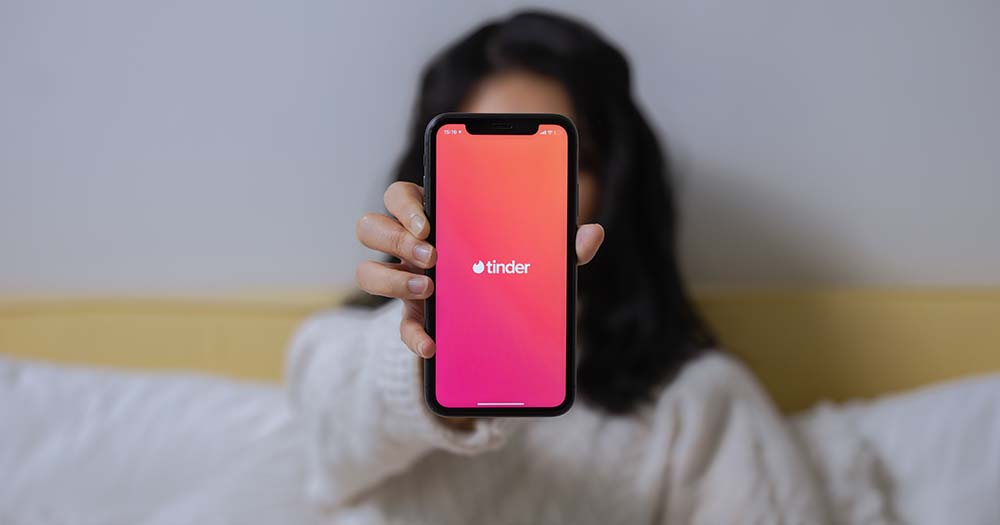Ideally, dating apps provide a fun, comfortable environment to meet prospective partners, but dating app etiquette is lacking, and these apps are often a space where respect is violated.
Consent is a crucial component in romantic partnerships, but unfortunately, this isn’t something that dating app culture outwardly encourages or promotes. Approximately 53% of women and 37% of men between the ages of 18 to 29 have received unsolicited sexually explicit images in the past, and being on the receiving end of unwanted photos can be distressing and anxiety-inducing.
In most cases, before dating app users can create an account, they must agree to follow community guidelines. Bumble has a zero-tolerance policy for sending unsolicited sexual photos. They reduce the chances of women receiving unwanted advancements from men by requiring women to initiate conversations with matches, and in their guidelines, everyone is expected to discuss and respect boundaries before making assumptions about what their matches are comfortable with. Tinder has less firm consent expectations, although they do have a video about consent.
While most dating apps include rules about consent within their guidelines, and dating apps encourage users to report instances in which these rules are violated, legal ramifications haven’t existed until recently.
A few US states and the UK are developing laws about cyber flashing which is defined as the practice of sending non-consensual, explicit photos via a messaging app. The decision to criminalise sending unsolicited nudes is part of a broader effort to criminalise sexual harassment, and violations can include anything from fines to jail time.
Recently, the UK banned upskirting (when someone takes a photo under another person’s clothing without their consent) as well. Ideally, common decency would be motivation enough to refrain from the practice, but the threat of legal trouble will hopefully deter future violations both in-person and online dating.
When using a dating app, there are so many ways that we can practice appropriate etiquette. It’s important to protect ourselves, practice consent and promote safer messaging practices by starting discussions about boundaries and consent before meeting potential partners in person.
This includes asking permission before sending a nude, never making assumptions about what content is appropriate to send via text before asking, practising enthusiastic consent both online and in person, clearly communicating our texting boundaries and when they are crossed, and reporting violations of community guidelines on dating apps.
© 2022 GCN (Gay Community News). All rights reserved.
Support GCN
GCN is a free, vital resource for Ireland’s LGBTQ+ community since 1988.
GCN is a trading name of National LGBT Federation CLG, a registered charity - Charity Number: 20034580.
GCN relies on the generous support of the community and allies to sustain the crucial work that we do. Producing GCN is costly, and, in an industry which has been hugely impacted by rising costs, we need your support to help sustain and grow this vital resource.
Supporting GCN for as little as €1.99 per month will help us continue our work as Ireland’s free, independent LGBTQ+ media.
